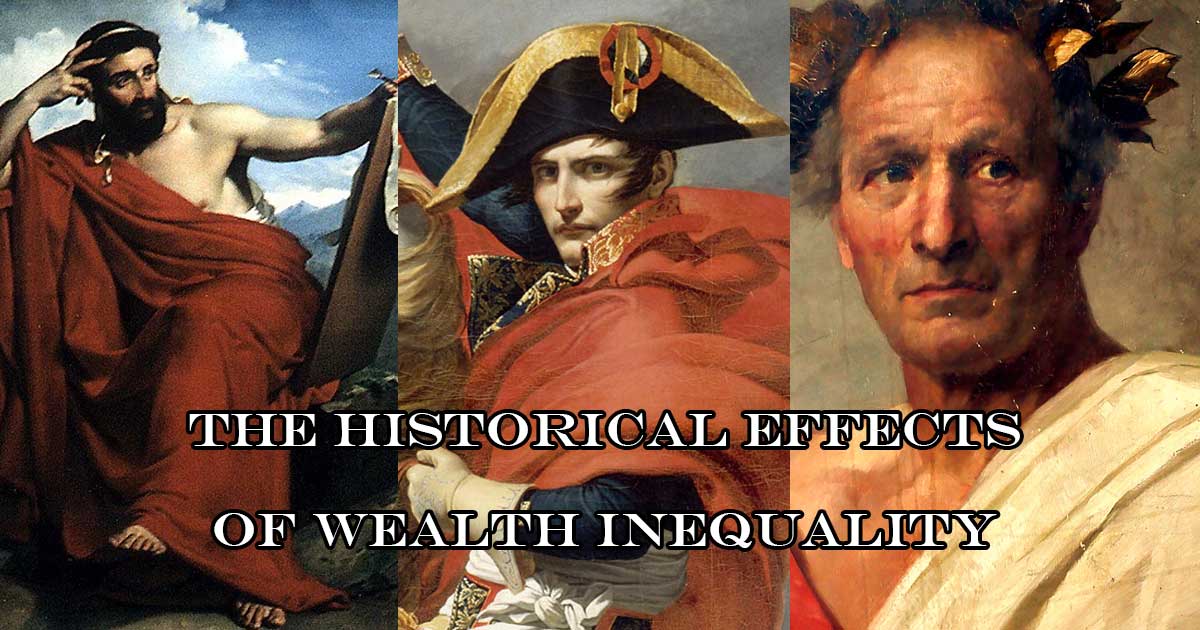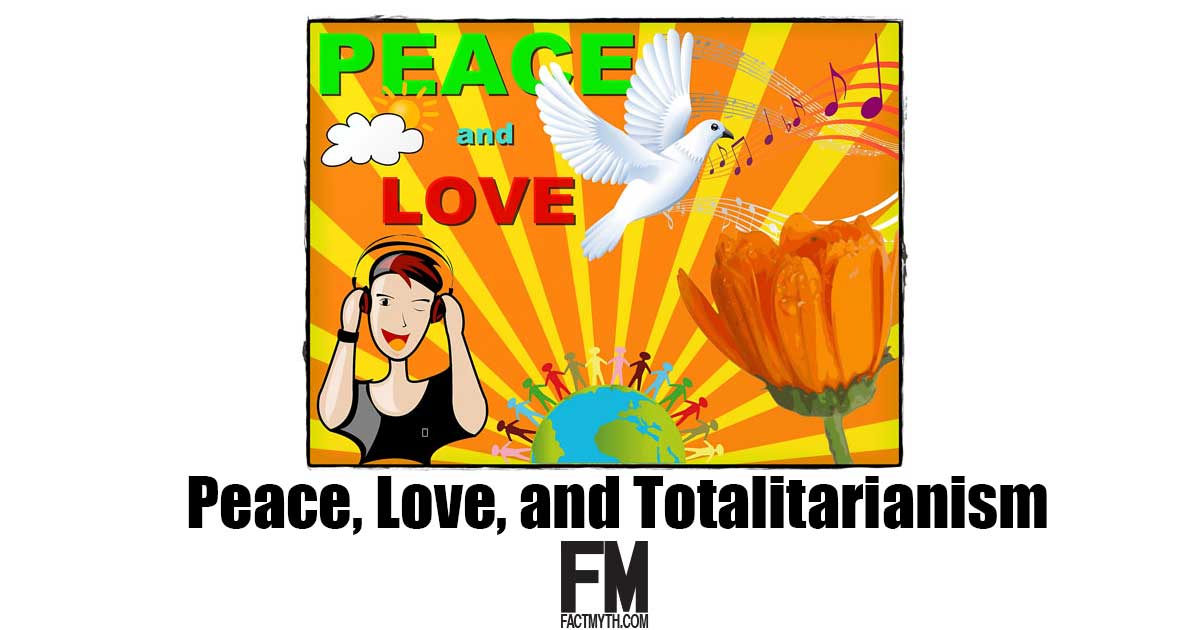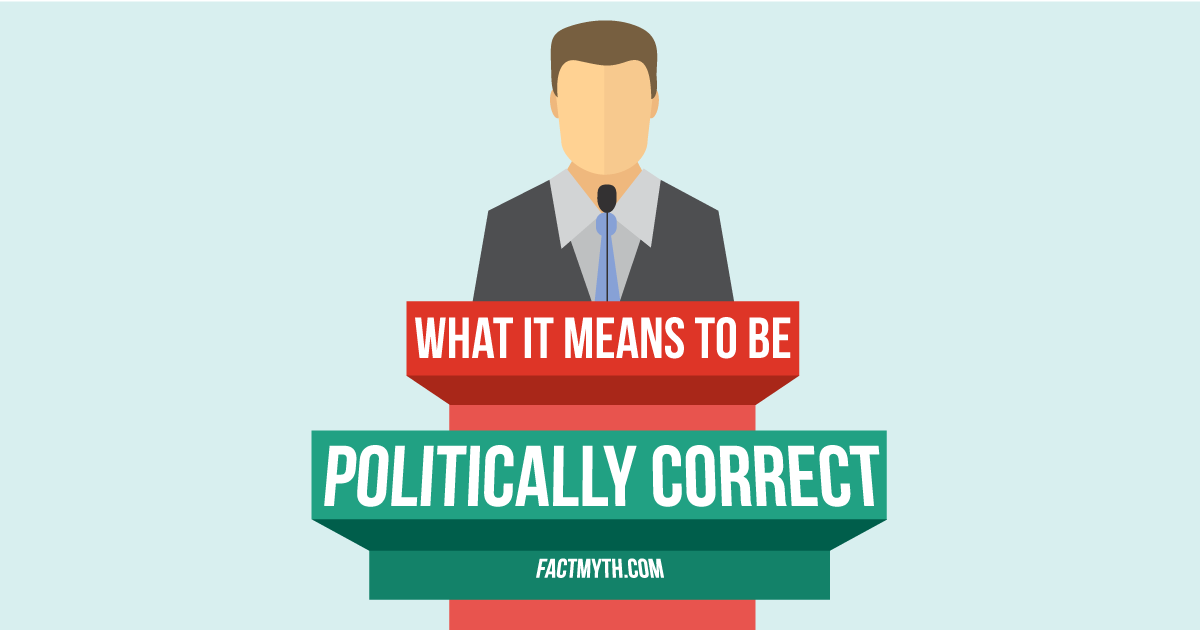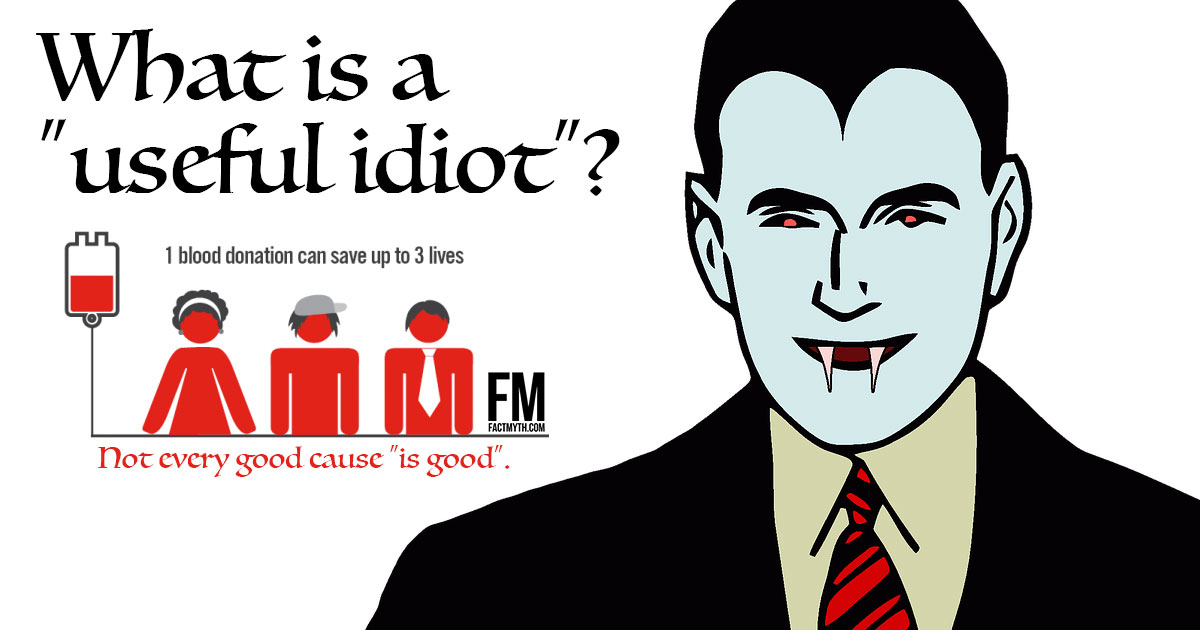The Problem With Unsubstantiated Information and Plausible Deniability

The problem with unsubstantiated information is that it is unverified as true, and often leaked by sources with plausible deniability, which is confusing.
Russia, the world’s largest nation, borders European and Asian countries as well as the Pacific and Arctic oceans. The Russian economy ranks as the tenth largest by nominal GDP and sixth largest by purchasing power parity in 2015.

The problem with unsubstantiated information is that it is unverified as true, and often leaked by sources with plausible deniability, which is confusing.

Populism is a broad term that generally describes popular sentiment felt by the working class against the elites. It can look like social conservative nativist right-wing populism or social liberal progressive left-wing populism.

We examine the historical effects of social, political, and economic inequality on society to see how it has led to social unrest and events like revolutions and populist uprisings.

The exact origin of the term politically correct isn’t known, although the earliest usage we could find was from 1793 Supreme Court Case Chisholm v. Georgia.

We explain paradoxes related to tolerance and Politically Correctness (PC), including “the paradox of tolerance” and “tolerance as a form of intolerance.”

Political Correctness (politically correct or PC), describes how much tolerance, sensitivity, censorship, and freedom of expression “is correct” in a given setting.

“Useful Idiot” is a political insult that describes a person who, through manipulation or not, is useful to a political cause that is not their own despite not fully realizing their role.